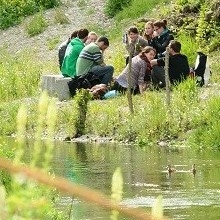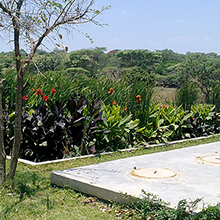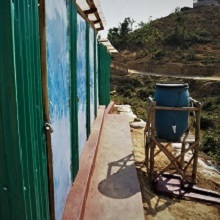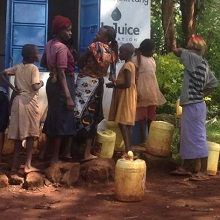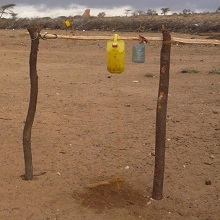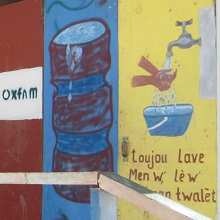Department Environmental Social Sciences
Environmental Health Psychology (EHP)
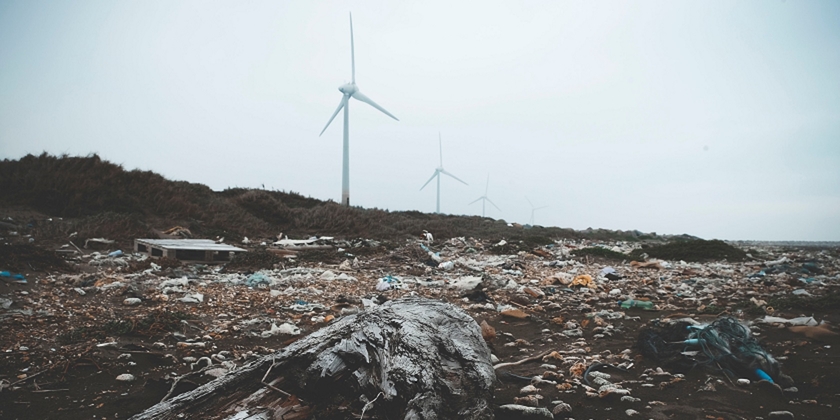
Our research supports the protection of environmental health by contributing to a better understanding of the determinants of pro-environmental-health choices.
Starting point of our research
Global environmental challenges such as climate change and biodiversity loss pose increasing, often water-related threats to environmental health. Environmental health is that part of human health that depends on the natural and built environment. Its protection requires both the mitigation of environmental degradation (e.g. through refraining from flying) and the adaptation to such degradation (e.g. by installing blue-green infrastructure). Both mitigation and adaptation can be fostered through policies and technologies. However, the successful implementation of policies and technologies depends on public acceptance, and technology adoption may even require a change in routines. Moreover, technologies alone cannot protect environmental health but must be accompanied by people changing to more sustainable, healthy lifestyles, usually voluntarily. Thus, people play a key role in environmental health protection through behaviour change, the adoption of environmental health technologies, and the acceptance of environmental health policies. These three options are referred to as people’s pro-environmental-health choices.
Contribution of our research
Lying at the intersection of two subdisciplines in applied psychology, environmental psychology and health psychology, the work of the Environmental Health Psychology group (EHP) supports environmental health protection by contributing to a better understanding of the determinants of pro-environmental-health choices. We provide insights into how to (a) design and implement environmental health policies and technologies that are socially acceptable and (b) increase the effectiveness of related communication campaigns and behavioural interventions (e.g. Fair Wings project or WRL project). Moreover, we design and test such campaigns and interventions (e.g. Own Hands project or Re-Own project).
To be as practically relevant as possible, many of our projects are conducted in highly applied contexts (e.g. Own Hands project or Re-Own project). In these projects, we often work closely with researchers from other disciplines, particularly from the social sciences and engineering, as well as with partners from practice (e.g. Own Hands project or WRL project). Our applied research is complemented by fundamental research aimed at refining theoretical frameworks and improving methodological approaches (e.g. REVALUE project). Our projects apply various methods, including questionnaire studies (e.g. Fair Wings project), online experiments (e.g. WRL project), and quasi-experimental field studies (e.g. Re-Own project). The topics to which we have applied our research cover Eawag’s four strategic focus areas: climate change (e.g. WRL project), biodiversity (e.g. Re-Own project), circular economy (e.g. WRL project), and public health (e.g. Own Hands project).
Current projects
Completed projects
Former team members
Eva Aigner (intern)
Cristian Buruiana (research associate)
Marius Fankhauser (research associate)
Mithun Raj (guest PhD student)
Sophie Charlotte Reckels (Master student, intern, research assistant)
Carla Stadelmann (research assistant)








